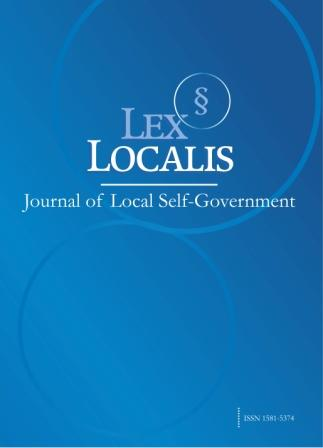THE THEORETICAL FRAMEWORK OF THE FIELDS OF LANGUAGE PLANNING AND LANGUAGE POLICY: A READING IN PRINCIPLES AND OBJECTIVES
DOI:
https://doi.org/10.52152/fd0de772Keywords:
Language Planning,Language Policy,Linguistic Identity,Arabic LanguageAbstract
This study addresses the dialectical relationship between language planning and language policy as fundamental mechanisms for preserving linguistic identity. It aims to analyze the principles, objectives, and procedural stages of each, focusing on the case of the Arabic language and its challenges in the context of globalization and foreign linguistic dominance. The study adopts the descriptive-analytical approach in examining the theoretical framework of the concepts of language planning and language policy. The results clarify that language policy represents the legislative and guidance framework, while language planning embodies practical executive mechanisms. The study concludes with the necessity of adopting integrated language policies and strategic language planning to enhance the status of Arabic, while achieving a balance between authenticity and openness to other languages, emphasizing the pivotal role of academic and media institutions in implementing these policies.
Downloads
Published
Issue
Section
License
Copyright (c) 2025 Lex localis - Journal of Local Self-Government

This work is licensed under a Creative Commons Attribution-NonCommercial-NoDerivatives 4.0 International License.








